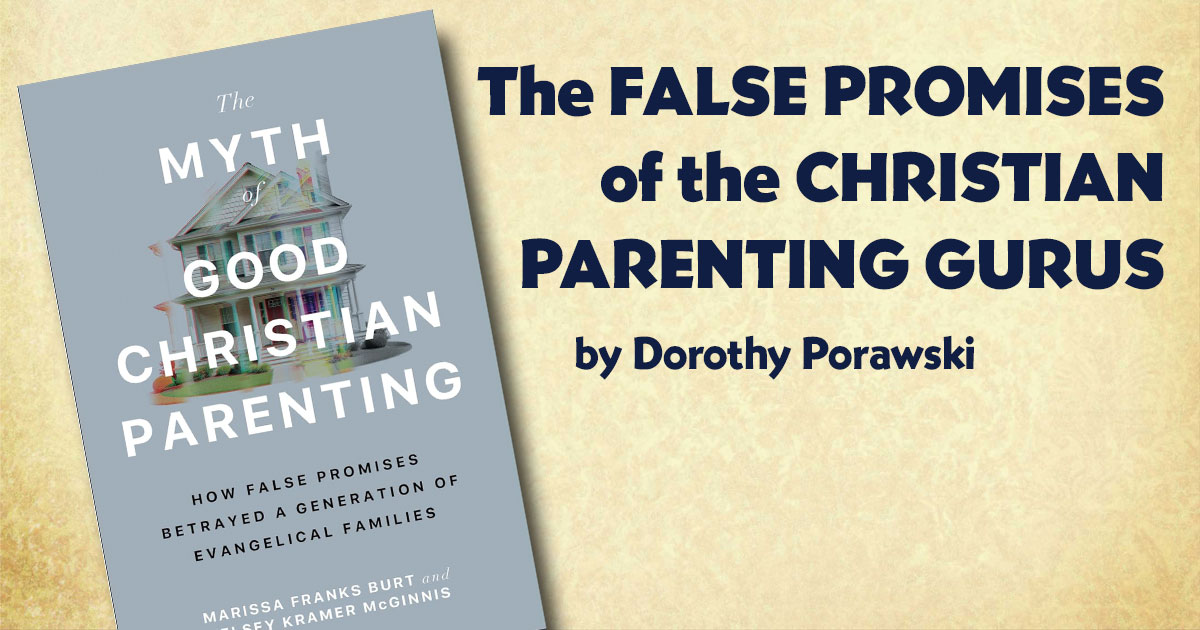
12 December 2025 | The Myth of Good Christian Parenting: How False Promises Betrayed a Generation of Evangelical Families, by Marissa Franks Burt and Kelsey Kramer McGinnis. Brazos Press, 2025. Reviewed by Dorothy Porawski Proverbs 22:6 reads, “Train up a child in the way he should go, and when he is old he will not […] Source: https://atoday.org/the-problem-with-biblical-parenting/




 (
(